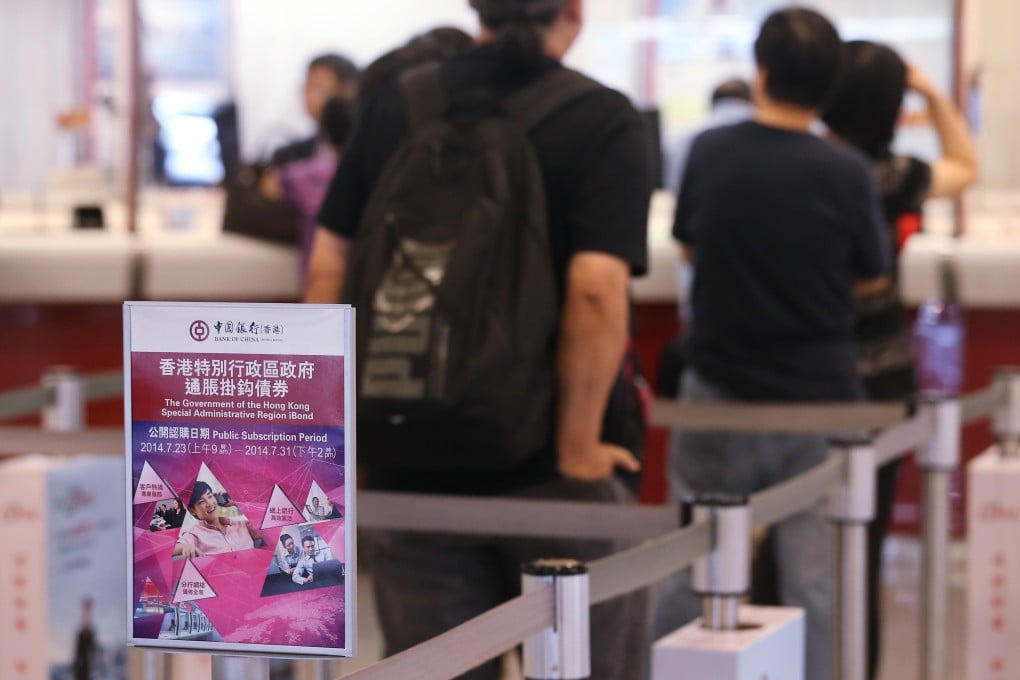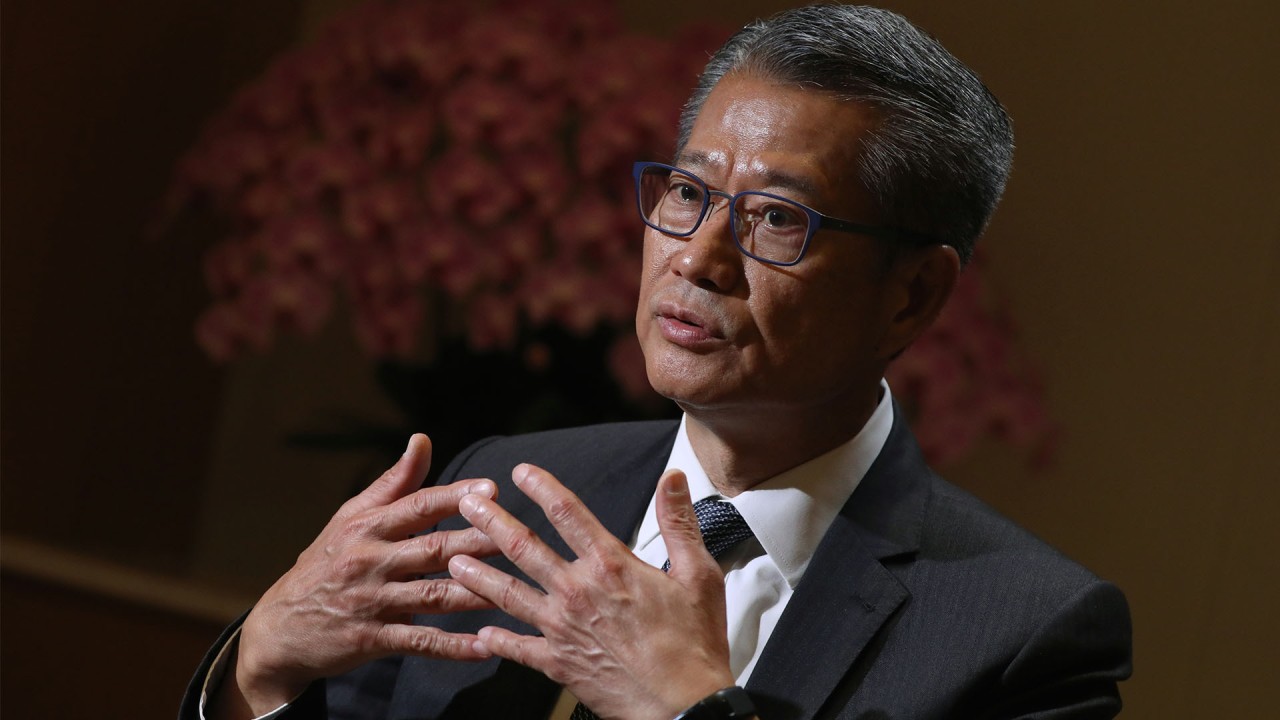Hong Kong’s old playbook on inflation bonds encounters new risk factors. Should retail investors worry?
- Several events surround Hong Kong’s impending sale of inflation-linked bonds, notably risks tied to the US presidential election
- Alternative safe bets in time deposits, money-market instruments have failed to protect retail investors from erosion in purchasing power

For one, the government is selling the retail notes at a time when its credit ratings have suffered through a bitter US-China trade war and anti-government protests over the past two years. For another, consumer prices have also declined in recent months as the economy slipped into its worst recession on record. What with the timing, right in the middle of the US presidential election, whose outcome may be “extremely contested” and roil markets.
All these are bringing up new challenges for mom-and-pop investors who are not accustomed to the “new normal” of super-easy monetary policy that has pushed many bond yields to below zero.
“The unprecedented volatility in global financial markets, with the US presidential election approaching, is likely to benefit the iBonds’ sales,” said Kenny Wen, wealth management strategist at Everbright Sun Hung Kai. “To most investors, it’s still a near-zero-risk investment.”

06:17
Hong Kong can withstand fiscal woes amid Covid-19 pandemic, says city's financial secretary
